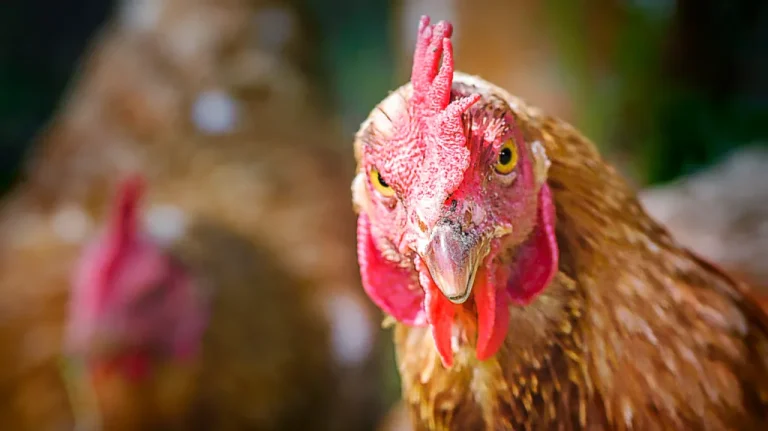1. Proper Ventilation:
Adequate ventilation is essential for a poultry farm to ensure the continuous exchange of indoor and outdoor air. Efficient ventilation helps disperse airborne odorous compounds, preventing their accumulation within the facility. This reduces the overall intensity of unpleasant smells and improves air quality for both the birds and workers.
2. Regular Cleaning:
Establishing a routine cleaning schedule is crucial for minimizing odors on a poultry farm. Regular removal of waste, spilled feed, and other organic materials prevents the decomposition that leads to foul smells. Thorough cleaning also reduces the presence of bacteria and pathogens, contributing to a healthier environment.
3. Biofilters:
Biofiltration systems utilize microorganisms to break down and neutralize odorous compounds present in the air. In poultry farms, biofilters can be integrated into the ventilation system. As air passes through these filters, microorganisms digest and transform odorous substances into less offensive byproducts, promoting sustainable and effective odor control.
4. Odor Absorbents:
Materials like lime or activated carbon can be strategically placed in specific areas of the poultry farm to absorb and neutralize odors. These absorbents work by capturing and chemically binding with odorous molecules, helping to mitigate the release of unpleasant smells from sources such as manure storage or processing areas.
5. Manure Management:
Proper handling and management of poultry manure are critical for odor control. Implementing practices such as composting or utilizing manure as fertilizer can reduce the formation of odorous gases during decomposition. Effective manure management not only curtails odors but also promotes sustainable waste utilization.
6. Vegetative Buffers:
Planting vegetation around the perimeter of the farm serves as a natural barrier against odors. Trees, shrubs, or other plants act as physical obstacles, helping to filter and absorb odorous compounds. This green buffer not only mitigates the impact of smells on neighboring areas but also contributes to overall environmental aesthetics.
7. Water Management:
Efficient water management is essential to control the decomposition of organic matter and minimize odors. Proper drainage systems and waste water management prevent the formation of stagnant water, which can become a source of unpleasant smells. By managing water effectively, poultry farms can reduce the potential for odor-related issues.
READ ALSO: Vaccine Failure in Poultry
8. Routine Inspections:
Regular inspections of the farm allow for the early identification of potential sources of odors. This proactive approach enables farmers to address issues promptly, such as repairing leaky waste storage or fixing malfunctioning ventilation systems. Timely interventions help prevent the escalation of odor problems and maintain a healthier environment.
9. Odor Masking:
While not a long-term solution, odor-masking agents can provide temporary relief from unpleasant smells. These agents work by introducing more pleasant scents into the environment, effectively covering up odors. However, it’s important to note that masking agents do not eliminate the root cause of odors and should be used in conjunction with other control measures.
10. Use of Lavaside:
Lavaside is a premix which when mixed into a poultry feed, control some flies species such as house fly (musca domestica), black soldier fly, (hermetia illucens), lesser house fly, stable fly, and also fleas which develop in poultry manure and cause nuisance to the environment. This is one of the most effective way to control odour in your farm.
Get your updated by clicking HERE to join our WhatsApp group

